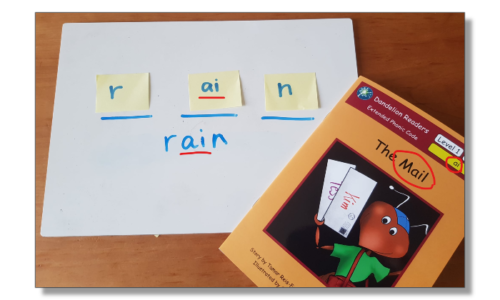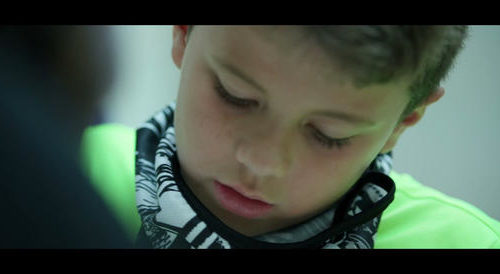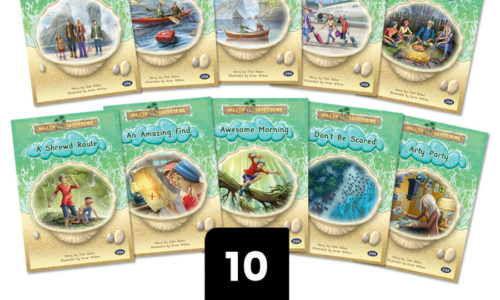
I’m a reading girl, but let’s talk math. If you were teaching long division to your students, what does that practice look like? Are you giving children 2 division, 4 multiplication, 18 addition, and 2 simplifying fraction problems (even though they’ve never seen them) for a challenge? Of course you aren’t! In math, ample amounts…
Read More



